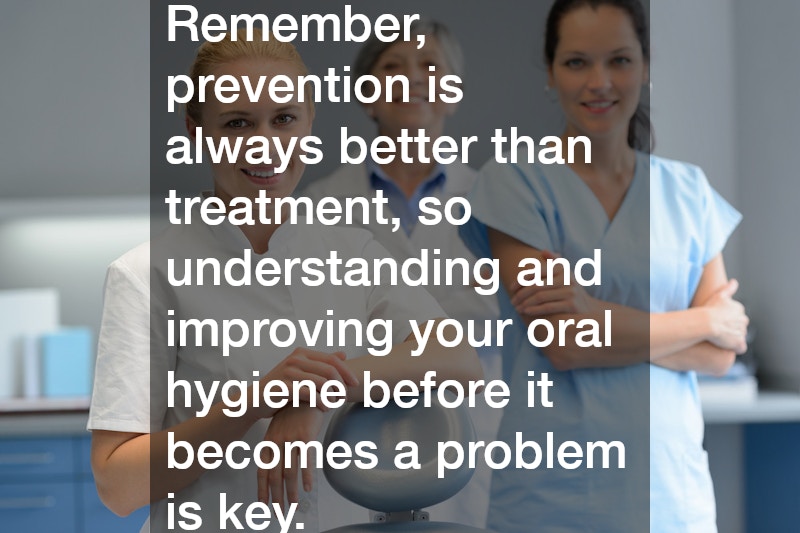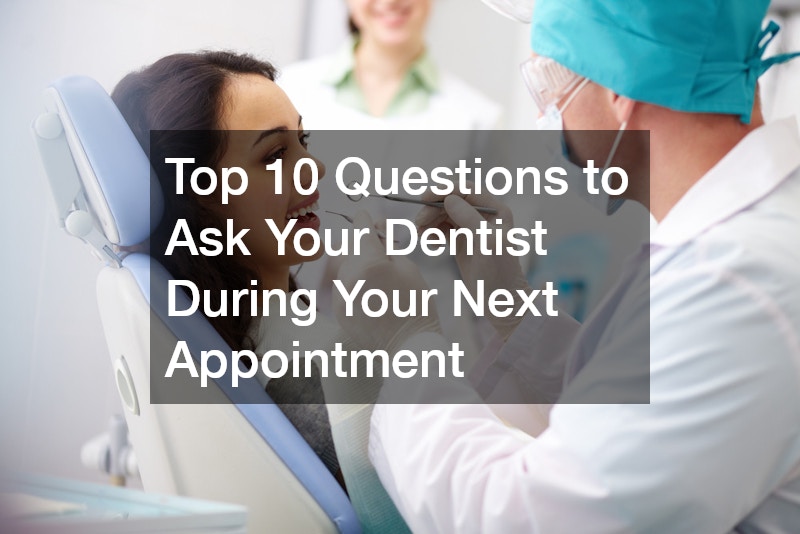
Top 10 Questions to Ask Your Dentist During Your Next Appointment
Visiting the dentist can often bring about a flurry of anxiety and uncertainty, but being prepared with the right questions can help ease any discomfort you might feel. It’s important to approach your dental checkups as an opportunity to learn more about the state of your oral health. This way, you can take proactive steps in keeping your teeth and gums in optimal condition. From understanding the nuances of your personal dental health to being informed about the latest advancements in dentistry, having a list of questions for your dentist is crucial.
In this post, we will explore ten essential questions to ensure you leave the office armed with knowledge and confidence in your dental care.
Firstly, inquire about your overall oral hygiene practices. One of the most common questions should be, “Are there specific areas in my mouth that need more attention?” Dentists can identify the early stages of potential issues such as cavities or gum disease that might not yet be noticeable. Your dentist can also recommend any adjustments to your daily routine, such as focusing on particular techniques or incorporating specific dental products like floss or an electric toothbrush. Remember, prevention is always better than treatment, so understanding and improving your oral hygiene before it becomes a problem is key.
Secondly, if you have any doubts or concerns about your diet’s impact on your teeth, now’s the time to address them. Ask, “How does my diet affect my oral health, and are there any specific foods I should avoid?” Certain foods and beverages could contribute to tooth decay and enamel erosion. For instance, sugary snacks and acidic drinks can lead to cavity formation and weaken your teeth over time. Your dentist might suggest a diet that includes foods rich in calcium and other essential nutrients that strengthen your teeth and gums.
Thirdly, it’s essential to discuss any persistent dental symptoms you may experience, even if they’re subtle. Questions like “Why do I have sensitivity in my teeth?” or “What could be causing my chronic bad breath?” can unveil underlying conditions that require attention. Dental sensitivity might be a sign of enamel erosion, exposed tooth roots, or even a cavity. Likewise, persistent bad breath could indicate gum disease or other health issues. Addressing these symptoms early can often prevent more invasive and costly procedures in the future.
Another important conversation to have is about the potential treatment options for any apparent dental issues. If your dentist points out any problems, ask, “What are my treatment options, and what do you recommend?” Having a clear understanding of your options, including the pros and cons of each, ensures that you can make informed decisions about your care. For example, if restorative work is needed on a tooth, you might have the choice between a filling, a crown, or more advanced procedures. Being knowledgeable about each option allows you to choose the treatment that aligns best with your lifestyle and financial considerations.
Finally, with the myriad of dental advancements occurring, it’s wise to inquire about the latest technologies or techniques available. Ask your dentist, “Are there new technologies or techniques in dentistry that could benefit my oral health?” Innovations such as digital X-rays, laser treatments, and state-of-the-art cleaning tools can significantly enhance your dental care experience. Staying informed about these advancements can provide you with more efficient, comfortable, and effective treatment options. Additionally, the introduction of minimally invasive techniques often results in a quicker recovery time, offering the benefits of modern dentistry’s progress.
In conclusion, visiting the dentist involves more than just sitting in the chair for a checkup and cleaning. By asking pertinent questions, you ensure a thorough understanding of your oral hygiene and treatment options. It also demonstrates a proactive approach to maintaining excellent oral health. Remember that your dentist is there to assist and guide you, so don’t hesitate to voice any concerns or curiosities during your appointments. Equipped with these ten questions, you can look forward to your next visit with greater confidence and peace of mind.

